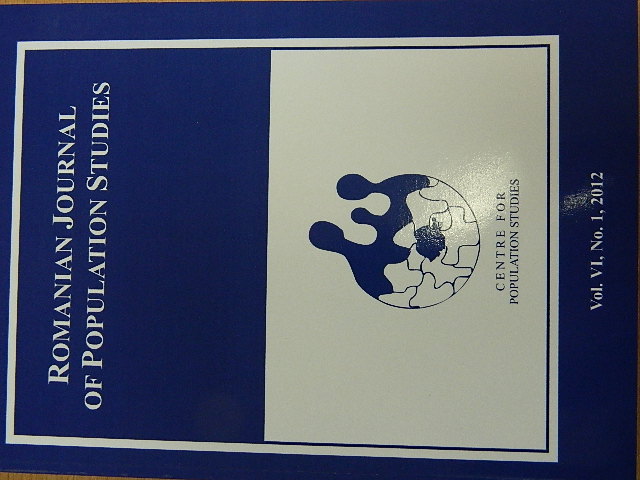The Discourse on Marriage, Concubinage and Illegitimate Children in the Transylvanian Orthodox Ecclesiastical Environment after 1894
The Discourse on Marriage, Concubinage and Illegitimate Children in the Transylvanian Orthodox Ecclesiastical Environment after 1894
Author(s): Valeria SoroştineanuSubject(s): History
Published by: Centrul de Studiere a Populaţiei
Keywords: Orthodox Church; Romanian nation; marriage; concubinages; illegitimate children; society; rural background; women; State legislation; family; Transylvania.
Summary/Abstract: Although in the second half of the nineteenth century, Metropolitan Andrei Şaguna clearly expressed his point of view according to which the state must only deal with the "physical form of marriage, while the moral and spiritual aspect could not belong indubitably to anyone but the church", the secular offensive of the Dualist State continued to be more than obvious. Consequent to the passing of legislation in this case, the Law no. XXXI of 1894, which confiscated the exclusive right of the church to celebrate marriage, the Orthodox ecclesiastical circles environment intensified the efforts to enhance the accuracy of statistics on the number of marriages per year, their type, on concubinages, on the number of illegitimate children. Through the data obtained, the Church sought to evaluate weather or not the new State legislation had a major impact on religious marriage, which it did not, the number of civil marriages is very small compared to religious marriages. Emphasis must also be made for the following reason: the Orthodox Church did not recognize civil marriages, unless it was followed by religious marriage, children born in a civil marriage were likely to be considered illegitimate and the parents treated as if they lived in concubinage. Due to this, the ecclesiastical bodies argued, fact revealed in many circulars that, despite material or family difficulties, by granting exemptions or tax cuts, marriages should also have the endorsement of the Church. The situation of illegitimate children was very complicated, upon them their parents mistake transposed more drastically, before a traditional society, still unprepared to understand the individual's own reasons in entering a marriage, other than the reasons of the family he left, or the reasons of the rural community in general. Their only chance came from the outside, and it implied was the legalization of the parents relationship, which was easier in the case of cohabitation, but more difficult for parents accused of adultery. Even in such cases concluded happily, parish registers for baptisms or for marriages, even if they become documents for internal use, did not forget to mention, especially in the case of baptism, the "nature "of it. Concubinages were regarded as the most important reason for the existence of illegitimate children. The Orthodox Church, thus, tried to act in a much broader context, by eradicating the causes that led to such unfortunate situations. In turn, the State tried, through legislation, regarded by the Church as parallel and secularizing, to clarify on a mostly judicial level the situation of these children, to clarify the rights they could eventually enjoy through the recognition in state courts. Ecclesiastical bodies have not been able to circumvent the major role assumed by the priest in the parish community, namely the moral role in building and developing the community.
Journal: Romanian Journal of Population Studies
- Issue Year: 6/2012
- Issue No: 1
- Page Range: 66-79
- Page Count: 15
- Language: English
- Content File-PDF

